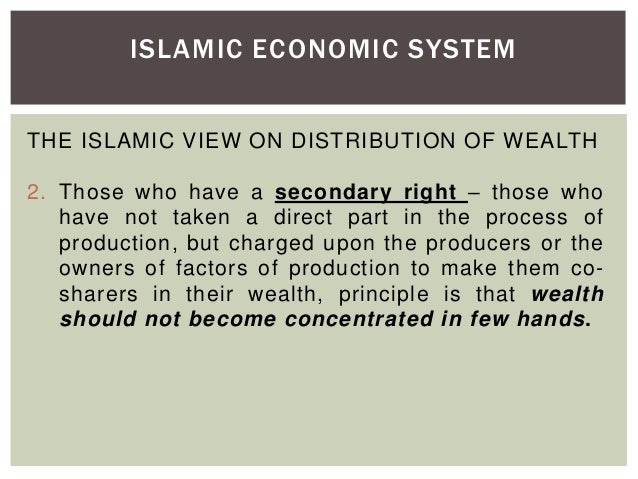
He explained that personal and political differences were forgotten during times of hardship in favour of "national interest". "Did you ever think we would be part of the cabinet and run the government with Shehbaz Sharif? Did you ever imagine that we would sit with MQM and do this?" the PPP chief asked.

"We have to take those difficult decisions through which we can take the economy out of the crisis created by Khan," the PPP chairman said, adding that solutions could be found by working together.īilawal said the nation was facing "war-like" issues and difficulties and various political opponents had come together in the "unity government" to take responsibility and resolve them. Bilawal was seemingly referring to the decision to hike petrol prices, which is being delayed by the government.įM Bilawal said the government had two options in front of it: to maintain short-term relief and thrust the people into long-term problems, or "we bear short-term pain and arrange long-term relief." "Now the time has come to take those difficult decisions in the country's favour so we can take it out of an economic crisis," the foreign minister said while addressing a rally in Karachi. The EDGeS Tool is meant to be practical, flexible, and transparent, as the methodological approach can be applied across a wide range of community types and project types.Foreign Minister Bilawal Bhutto-Zardari on Sunday said the time had come to take "difficult decisions" for Pakistan's benefit to rescue it from the current economic crisis. The methods employed are based on best practices in building economics and the economics of community resilience planning. Topics related to non-market values and uncertainty are also included. It encourages users to consider non-disaster related benefits (co-benefits and co-costs) of resilience planning. This methodological approach aims to enable the built environment to be utilized more efficiently in terms of loss reductions during recovery and to enable faster and more efficient recovery in the face of future disasters.
Economic decisions software#
The methodology used in this software decision support tool frames the economic decision process by identifying and comparing the relevant present and future streams of costs and benefitsthe latter realized through cost savings and damage loss avoidanceassociated with new capital investment into resilience to those future streams generated by maintaining a communitys status-quo.


The EDGeS Tool is designed for use in conjunction with the NIST ∼ommunity Resilience Planning Guide for Buildings and Infrastructure Systems (CRPG). It provides a standard economic methodology for evaluating investment decisions aimed to improve the ability of communities to adapt to, withstand, and quickly recover from disruptive events. The decision support software is aimed at those engaged in community-level resilience planning, such as community planners, and resilience officers, as well as budget officers. The methodology is based on guidance provided in the NIST ∼ommunity Resilience Economic Decision Guide for Buildings and Infrastructure Systems (Economic Decision Guide). The EDGeS (Economic Decision Guide Software) Tool version 1.0 implements a rational, systemic methodology for selecting cost-effective community resilience alternative strategies.


 0 kommentar(er)
0 kommentar(er)
